Free Courses Sale ends Soon, Get It Now


Free Courses Sale ends Soon, Get It Now


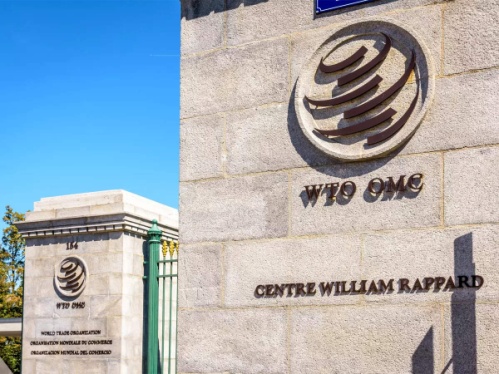
Disclaimer: Copyright infringement not intended.
Context
About
Background
Trade Distortion
WTO’s conditions
Domestic Support
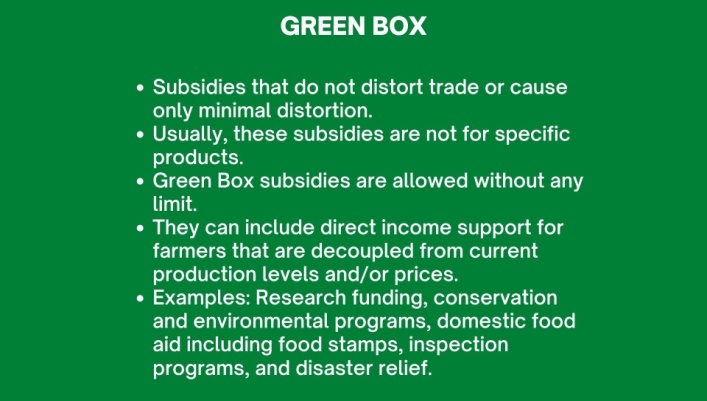
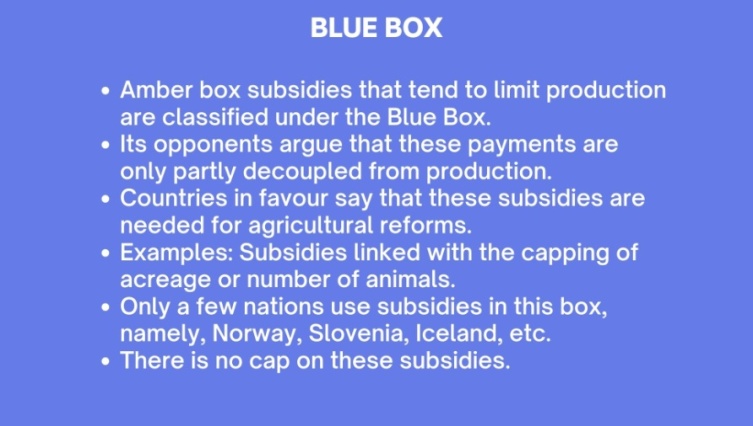
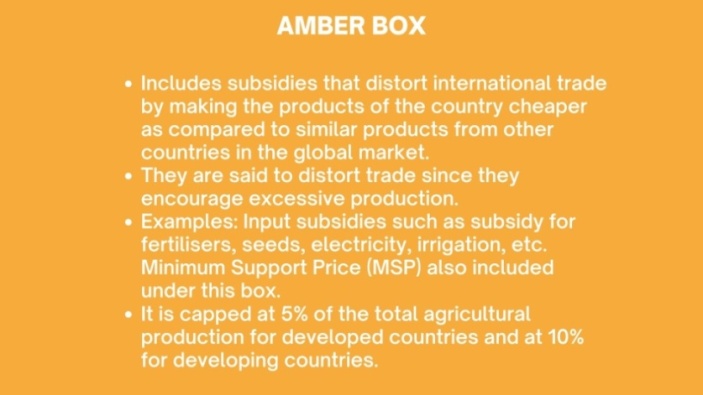
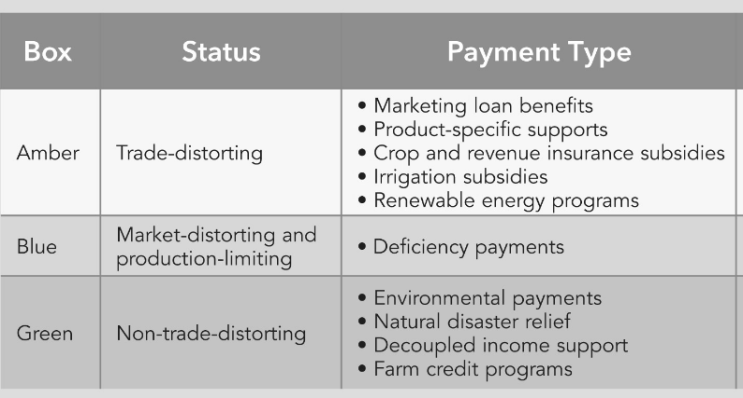

Market Access
Export Subsidies
Peace Clause (Interim measure at the Bali ministerial meeting)
|
About WTO: · Intergovernmental organisation which regulates the international trade · Officially commenced on 1st Jan 1995 under the Marrakesh Agreement · Signed by 123 nations in 1994 · WTO had replaced GATT (General agreement on tariffs and trade) · It deals with agriculture, textiles and clothing, banking, telecommunications, government purchases, industrial standards and product safety, food sanitation regulations, intellectual property and much more.
FUNCTIONS OF WTO · Administering WTO trade agreements · Forum for trade negotiations · Handling trade disputes · Monitoring national trade policies Technical assistance and training for developing countries · Cooperation with other international organizations
PRINCIPLES OF WTO · Administering WTO trade agreements · The basic principles of the WTO (According to the WTO): Trade Without Discrimination: · Most Favoured Nation (MFN): treating other people equally · National treatment: Treating foreigners and locals equally · Freer trade: gradually, through negotiation · Predictability: through binding and transparency · Promoting fair competition · Encouraging development and economic reform. Mechanisms of WTO · Trade Related Aspects of Intellectual Property Rights (TRIPS) · Trade Facilitation Agreement · General Agreement on Trade in Services (GATS) · Trade Policy Review Mechanism |
The recent complaint against India
Note: The Agreement on Subsidies and Countervailing Measures (“SCM Agreement”) addresses two separate but closely related topics: multilateral disciplines regulating the provision of subsidies, and the use of countervailing measures to offset injury caused by subsidized imports.
India’s counter arguments
Challenges faced by WTO
Reforming WTO: The Way ahead
https://indianexpress.com/article/explained/india-sugar-report-dispute-wto-7676449/
© 2024 iasgyan. All right reserved